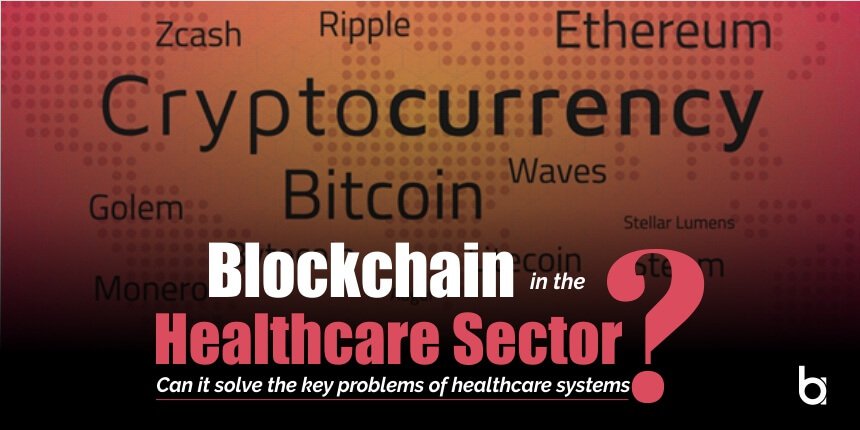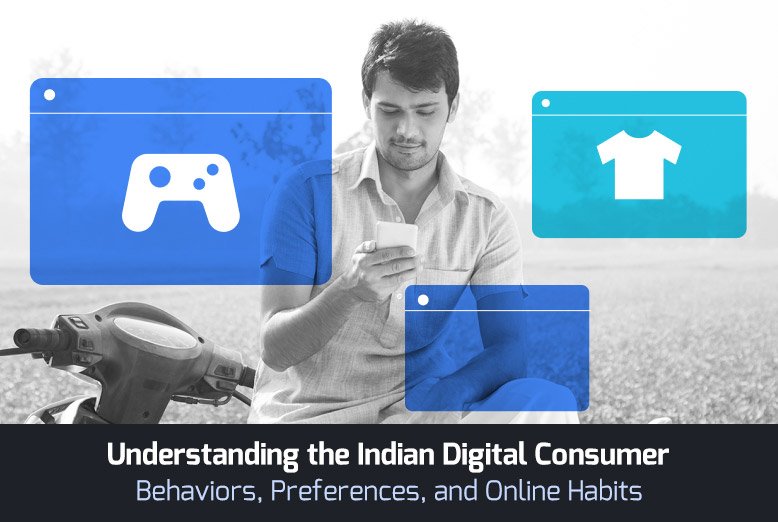Due to innovative technologies, various industries are evolving and changing the ways of human life. But when we talk about the healthcare industry, the necessities of groundbreaking technologies upsurge to a whole new level. Presently, many healthcare facilities still rely on outdated systems to keep patient records. These systems have the ability to keep patient data records at a confined location. Hence, analyzing the disease became a difficult and time-consuming task for the doctor. Due to the scarcity of smooth process management of multiple users in the system, the conventional tech is insufficient to handle information exchange and requires some major changes.
Introduction of the blockchain technology in healthcare has the ability to bring reliability in handling such information and improve healthcare data handling. Likewise, redesigning the enterprise architecture to incorporate blockchain in healthcare and life science organizations can revolutionize the way patients are treated.
Envisioning blockchain in healthcare management
The current backlogs of the existing healthcare system can be overcome by implementing the blockchain. Currently, healthcare data is recorded in individual databases held by organizations or networks i.e. large amounts of patient data is captured, but not shared. In this case, the blockchainis a secure, reliable way to share patient information between providers.
Today, pharmacological establishments offer blockchain platform to share and convey medicinal services records in return for access to anonymized analytical information. The data mined could be contributing to identifying and refining new treatments for any disease. Apart from that, it bids the highest safety and transparency while allowing doctors to find more time to spend on patient care and their treatment. Moreover, it empowers better sharing of insights into clinical operations which, thus, would encourage clinical preliminaries and treatments for any uncommon sickness. Here are some of the key benefits of utilizing blockchain in healthcare systems:
1. Safekeepingof data in clinical trials
Clinical trials are used to determine the efficiency of particular drugs which cure specific diseases. On the basis of a hypothesis, the proposed drugs can be tested and implemented on a larger scale if the trial is successful. On the other hand, researchers obtain and record a lot of information about statistics, test results, quality reports, etc. throughout clinical trials. Then these data can be easily modified or hidden to change the entire result of the research that being carried out. Additionally, criminals are interested in these results so that they can harm human life. To overcome this issue, researchers can use blockchain technology to record the clinical trials that are safe, unbiased, and transparent. In addition, this technology permits users to demonstrate the authenticity of any document in the system that is registered. It provides proof of existence by adding data in the transaction form and validates all system nodes with the information.
2. Elimination of frauds and use of cryptocurrencies as a payment method
In a model world, the back-end of healthcare would be able to track a patient through the arrays of care and ingress the needed information when it is required. In order to do that, it requires a unique patient identification number to track a patient through the system and log patient’s transactions. To avoid any duplication processes, the blockchain system that can track where a patient is and what procedures or tests they have as well as keeps everyone informed. Similarly, the use of cryptocurrencies as payments in place of cash or fiat money will stop scams related to money. Apart from that, blockchain-powered and secured bill processing automation will remove the third parties from the chain and decrease the overall administrative costs.
3. Keeping identity secret from the third party
Patient data privacy is strictly regulated by the Health Insurance Portability and Accountability Act (HIPAA) and requires Protected Health Information (PHI) to be totally secure. However, a problem occurs when a patient actually needs to share their information with someone, other than the primary care physician. To solve this issue, the blockchain system in place for patient data management would create a hash for individual patient health information blocks and a collective system would constitute a patient ID on a theoretical basis. Furthermore, it allows patients to reveal they’re necessary data to third parties while keeping their identity secret. The time limit and access permissions for data sharing with third parties could also be controlled by the patients.
4. Reducing the production of faked drugs
In particular, developing countries have a serious problem identifying and eliminating a widespread mixture of counterfeit drugs in their healthcare ecosystem. Drug counterfeiting causes the deaths of hundreds of people. The problem of fake and counterfeit drugs within the supply chain costs the healthcare industry billions. Therefore, the answer is blockchain-based supply chain. A drug supply chain can use a blockchain-based trusted network which will comprise all the required entities like the manufacturer, distributors, and pharmacist or hospital. When drug bottles are labeled with serial numbers and packages containing these serial numbers are scanned and recorded on the blockchain, a highly secured blockchain-powered supply chain will be created, including all stakeholders like suppliers, vendors, distributors, and partners. Importantly, this supply chain is created at every point along drugs’ journey from factory to pharmacy, eliminating the exposure of drugs to duplicate vendors and distributors.
5. Fighting Data Breaches and Cyber-threats
The biggest challenges faced to date when it comes to population health management are data security, shareability, and interoperability. Likewise, poor security protocols at many healthcare facilities have made centralized Electronic Health Records (EHR) systems easy targets for hackers who have stolen millions of patient records and created chaos with ransomware attacks. Therefore, many healthcare institutions have become wary of sharing or transferring EHRs for fear of further breaches, avoiding negative media attention, and loss of community trust. In this case, the healthcare sector needs an ultra-secure store of information to eliminate pervasive hacking and cyber-attacks. Thus, a secured blockchain data store encrypts the data in blocks and eliminates potential threats to the information. Similarly, it enables people to participate and monetize their data in the form of tokens in population health studies. With more data sets, it would be possible to use new technologies such as AI and ML that will lead to the discovery of widespread population health risks.
Conclusion:
Majorly, blockchain’s potential for healthcare depends on how prepared healthcare organizations are to create the required technical infrastructure. The blockchain is costly, there are some concerns regarding its integration with the existing technology, and there certainly is speculation about its cultural adoption. But one thing is for sure i.e. blockchain has the capability to enhance healthcare systems, and over the past few years, businesses are significantly investing in the blockchain. With such wide-ranging possibilities, it is no surprise blockchain seems poised to one of the key pillars in the digital world.





